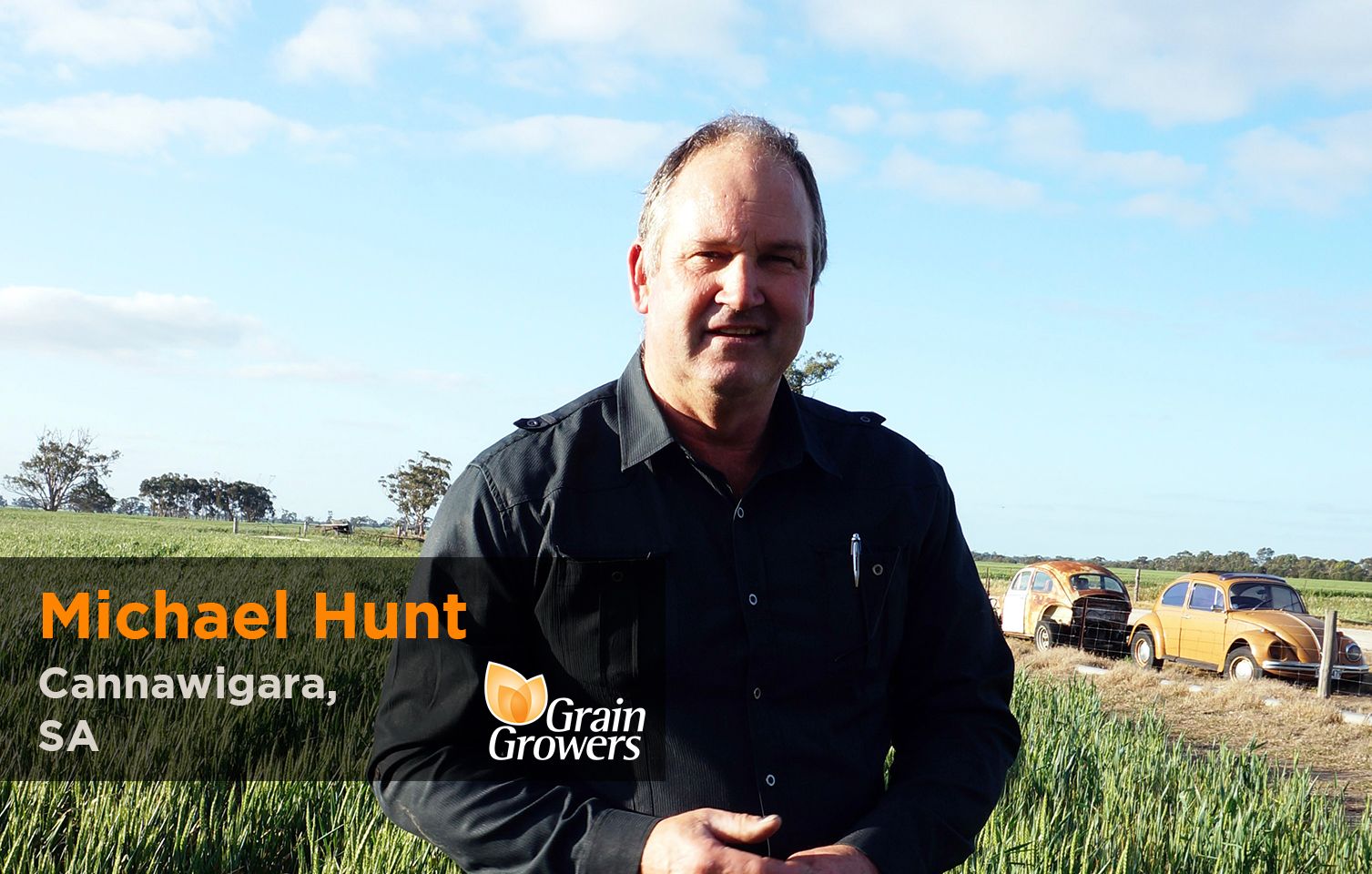I hail from the centre of the universe - Cannawigara, South Australia. Our cropping area covers about 1400 hectares. The majority of our crops are winter varieties, including wheat, faba beans, barley, canola, oats, and lentils. Occasionally, we like to experiment with something a little different, like Chinese cabbage or coriander, not always successfully.
I take a lot of pride in being an Aussie grain grower, and I am pleased to be part of a group that is well renowned for their ability to achieve so much with so little, and for their resourcefulness and resilience.
This area has been very lucky, having had a run of excellent years in recent times. Currently, crops are looking fairly good considering the dryish year. If there is an area that farmers are facing a few challenges in, it would be livestock production. Part of our operation involves livestock, and the off-selling of stock we usually do at this time of year is less profitable, with sheep selling at around 20 to 40% of what they sold for last year.
At the minute we're keeping busy with hay production, and we're gearing up to start windrowing canola and harvesting beans.
As a member of Grains100, I have found it inspiring to see the resources that the initiative mobilises and the work it does for the industry. What I found particularly beneficial about Grains100 was the guidance it provided in terms of where to target our efforts, and how the program offered opportunities for personal development, such as media training.
Looking forward, I'm eager to continue sharing what we do and why we do it. One of the things I do is contribute to a segment on ABC radio with Tristan Baldock, where we discuss the latest farm happenings. We try and share things that affect us and show where we have common ground with the general public who also have had to deal with cost of living pressures, interest rate rises, and struggling services. We talk about things like late-season frost, which poses significant challenges such as costs and income fluctuations. I believe in transparency and sharing our experiences to help the community have a clearer understanding of what drives us as farmers.
In the future, one initiative I'm passionate about is accurately measuring the carbon footprint of our farm. Currently, we aren't credited for the carbon we sequester. As an example, every tonne of wheat we produce contains about 400 kilograms of carbon; if we were forced into carbon credits as the measurements are now, everything that is used or brought onto the farm would show as carbon negative whilst there are a lot of positives that aren't included in the measurements. This would make farming very hard and would have flow-on effects for the general community.
I am interested in the development of a carbon calculator for our industry, one that measures (as accurately as possible) both the positive and negatives, an initiative that I believe has the potential to make a significant impact and might show that farming is better for the environment than what is currently believed by many. While carbon credits are discussed in the context of environmental sustainability, I would like to see something that would help us improve outcomes for the environment and our sustainability, not something that only makes wealth for a few that conduct carbon transactions without giving us any real improvements.
